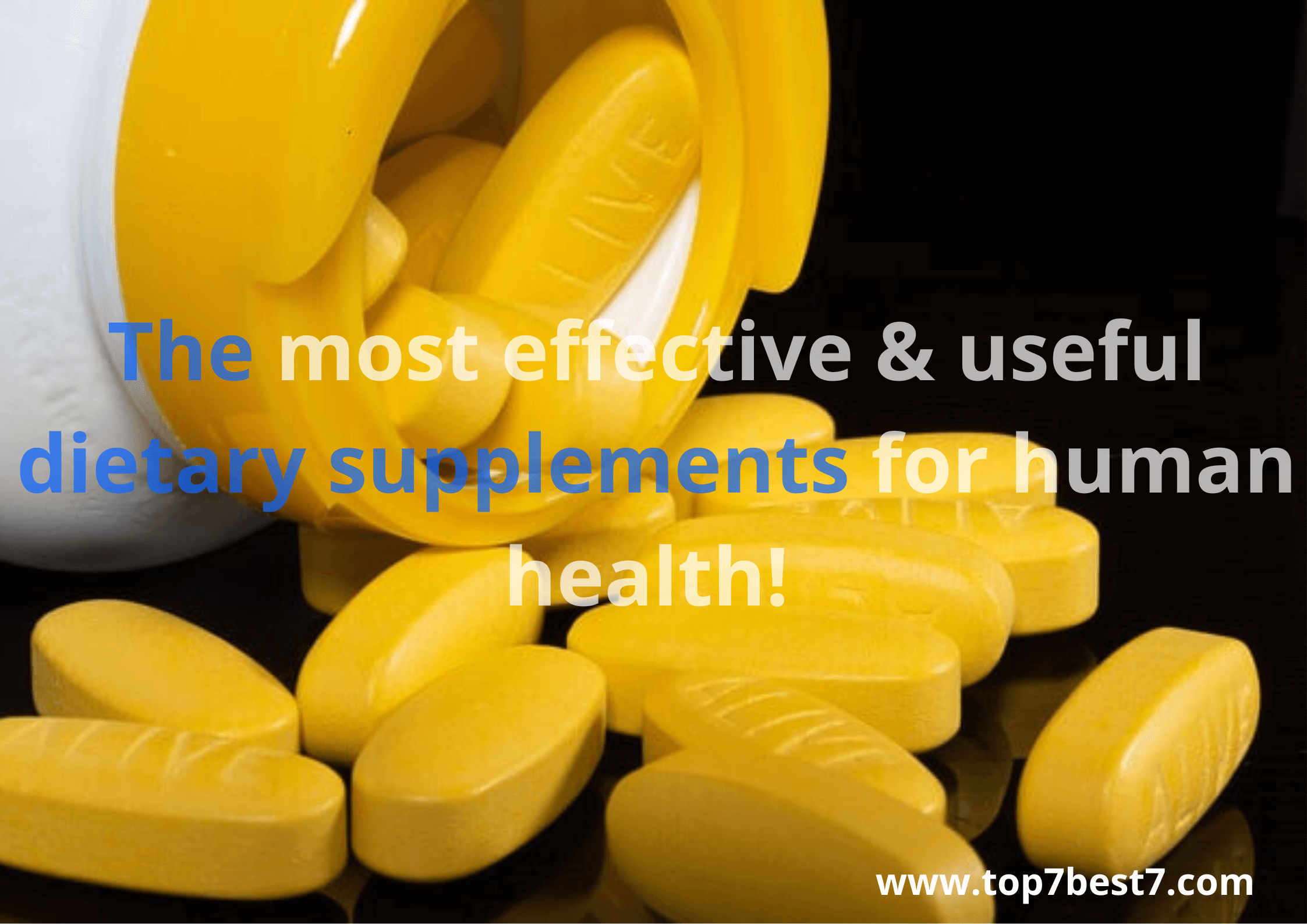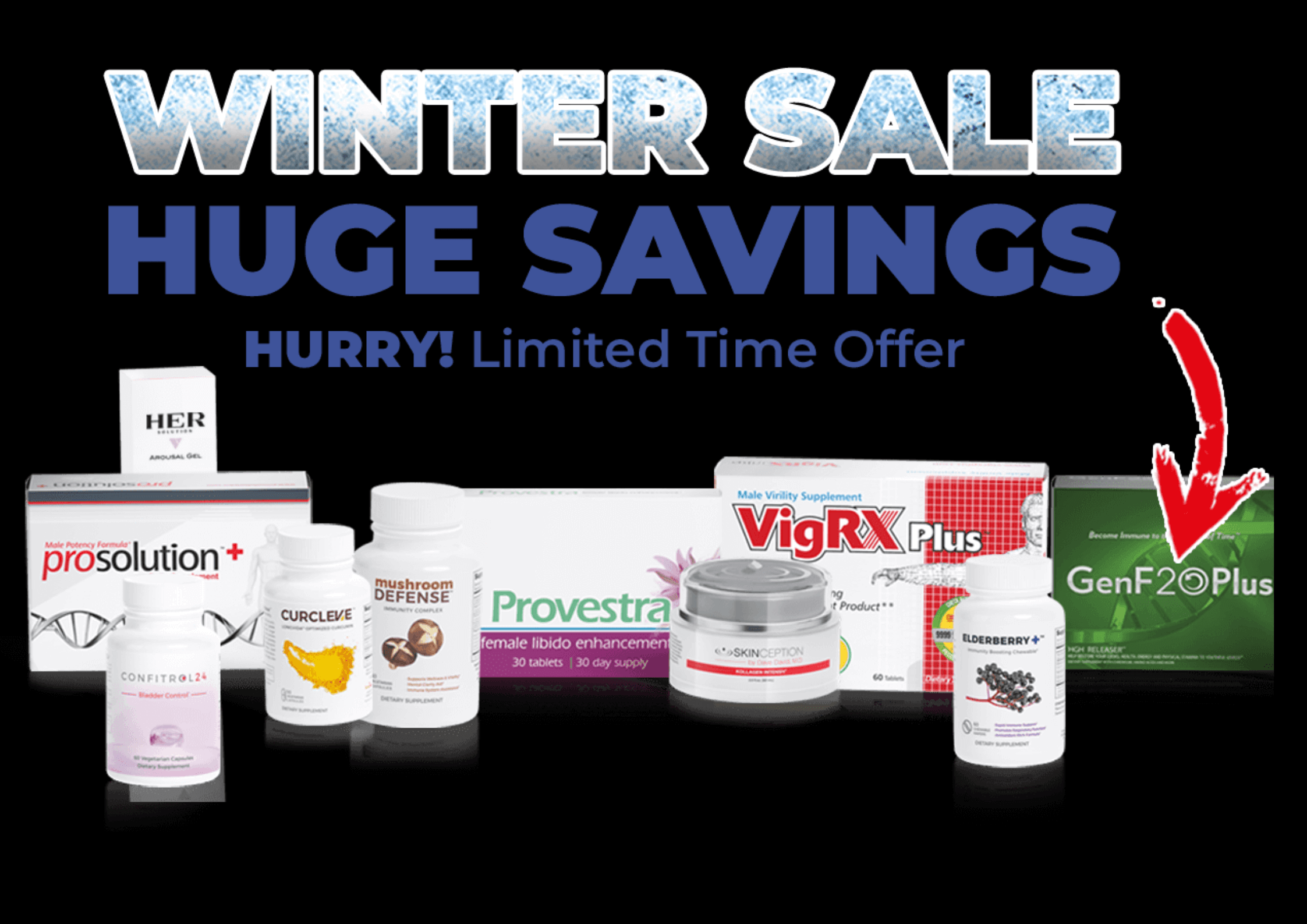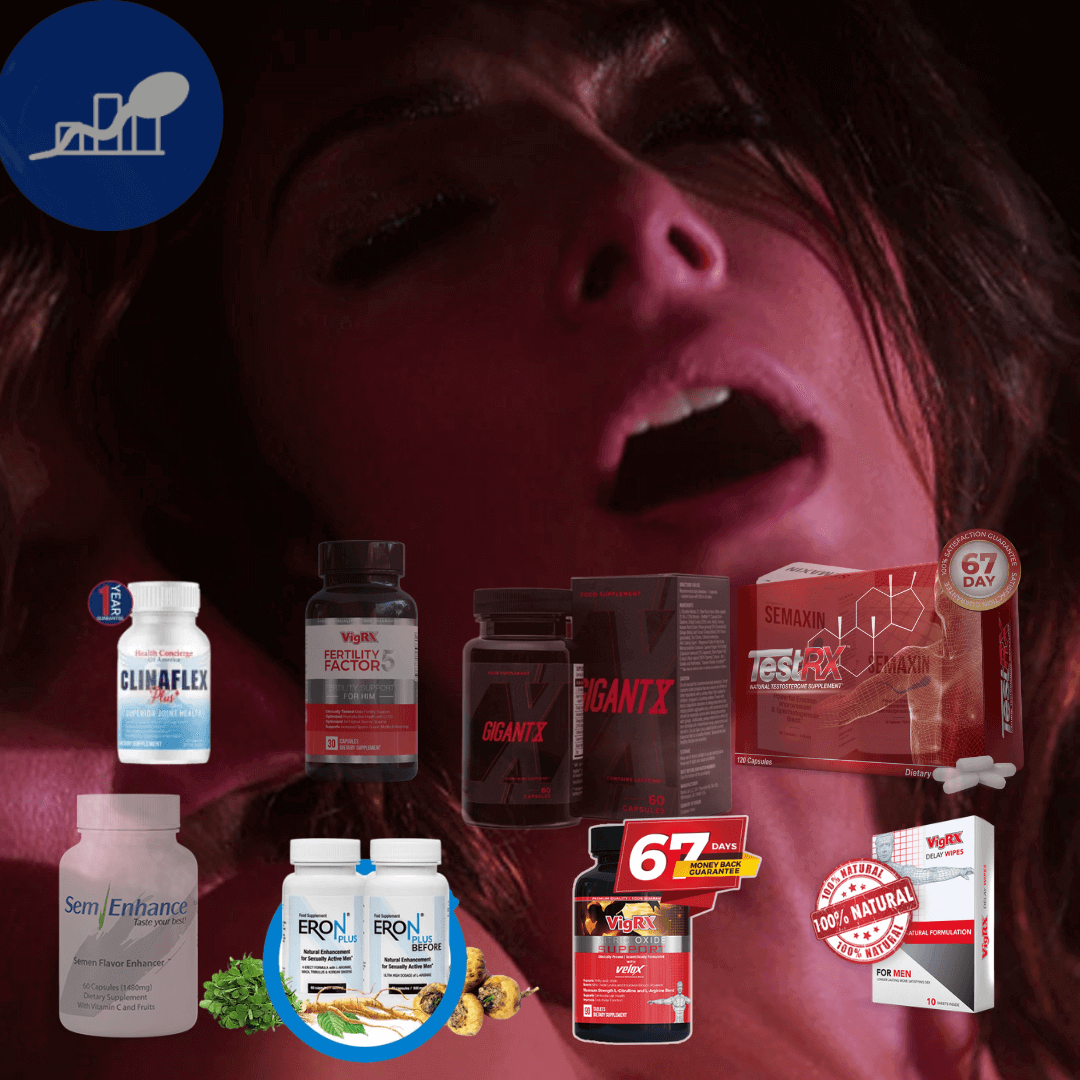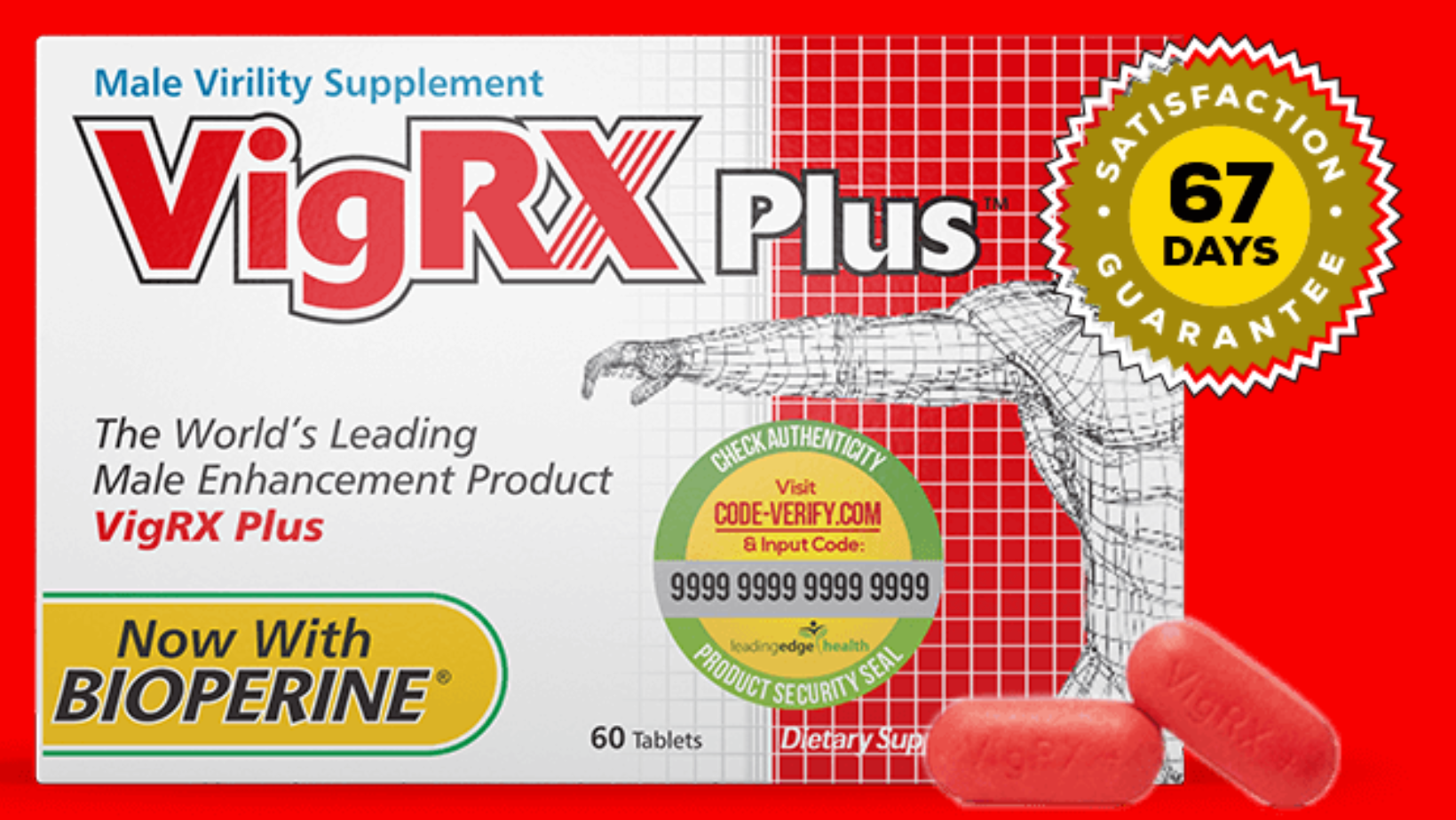The term “nutritional supplements” is a vague one that typically refers to both traditional vitamins and minerals as well as items made from plants.
The term “dietary supplement” is typically used to describe a preparation of vitamins and/or minerals.
However, it is also possible to consume a single food supplement, such as spirulina, vitamin D, omega 3, or vitamin C.
This article’s goal is to arm you with all the knowledge you require about dietary supplements so that you may make informed decisions.
Taking nutritional supplements is not trivial, and above all it is expensive. Whether it is to gain muscle and gain weight, for your health, in case of illnesses or deficiencies, or to lose weight, for sexual health, for anti-aging, hair, skin.
What are the best dietary supplements?
Take the example of vitamin D. Due to a lack of sun exposure, more than half of the French population suffers from a vitamin D deficiency. But in this case as well, you might begin with the following two suggestions rather than immediately taking a food supplement as a first step.:
- Instead of staying home, go outside, take a nature walk, or play sports.
- Eat a variety of foods. Oily fish (salmon, trout, herring, mackerel, sardines, and tuna), calf’s liver, soy beverages (often fortified with vitamins), some mushrooms, and egg yolk are among the foods that have high vitamin D concentrations.
Vegetarians or people in the Vigan region who are at risk for vitamin B12 insufficiency are yet another example of circumstances that support the use of nutritional supplements. Taking a dietary supplement is highly advised because this vitamin is primarily found in items of animal origin.
For some high-risk groups, dietary supplements might also be crucial. Adults with osteoporosis, for instance, might require more calcium and vitamin D than they can get from their diet.
People who have celiac disease or Crohn’s disease may benefit from supplements as well. Certain nutrients are difficult to absorb under these circumstances.
The take-home message here is that supplements prescribed by a doctor are helpful for people with certain medical conditions, or deficiencies. Otherwise, it’s best to get your vitamins and minerals through real food, not a pill.
Dietary supplements for weight loss
No dietary supplement appears to be useful for weight loss. Some can help you lose weight quickly, however because to the diuretic impact, these pounds equate to water loss.
When you quit taking the dietary supplement, the pounds you lost are promptly gained again. Furthermore, due to the limited ability to lose weight in the form of water, significant weight loss is not attainable.
The most evidence seems to support prospective slimming effects by accelerating fat loss for caffeine and green tea. The results, meanwhile, are not significant.
Read More : Best Supplement and Top Diet for fast weight loss!
The most effective weight loss solution includes:
a diet that’s nutritious, balanced, and anti-inflammatory.
a weight-loss program using sports.
effective stress reduction.
a good night’s sleep.
Are food supplements useful ?
Most people can obtain all the vitamins and minerals they require by eating a healthy, balanced diet, so they rarely need to take vitamin supplements. Never use supplements as a replacement for a nutritious, well-balanced diet.
Yes, it is simple to maintain your unhealthy eating and lifestyle choices and select for a dietary supplement. It’s crucial to avoid falling into this trap because healthy lifestyle choices have far more benefits than any food supplement.
The effectiveness of dietary supplements
It’s true that nutritional supplements often come with miraculous benefits. For instance, taking a vitamin D supplement could help with a wide range of conditions, such as cancer, diabetes, depression, and even the common cold.
Omega-3s have received praise for preventing heart attacks and other cardiovascular diseases. Vitamins C and E, beta-carotene, and other antioxidants have been hailed as possible treatments for heart disease, cancer, and even Alzheimer’s disease.
There isn’t much proof that they have any notable health advantages, in reality. Even the four most popular supplements—multivitamins, vitamin D, calcium, and vitamin C—did not offer cardiovascular disease protection, according to a recent and significant study.
The hype around these dietary supplements frequently outweighs the available research. The media misrepresent the findings or focus on a single study finding without considering all the others that may already exist and may be in conflict with the first.
In fact, many studies (mostly observational studies) fail to account for other crucial factors such dietary preferences, exercise level, and other variables. They are unable to demonstrate that using the dietary supplement on its own caused the health advantages.
People who take nutritional supplements typically have a higher level of health consciousness, engage in more exercise, eat healthily, etc. They invariably have superior health and shape as a result of this lifestyle. Therefore, it is essential to compare comparable items.
Are food supplements dangerous?
Furthermore, the largest issue with dietary supplements is how they are regulated. Without having to provide evidence that they actually provide benefits, they can be sold on our shelves. They lack the same restrictions that traditional drugs do. Although the majority of supplements are secure, some are not:
A calcium and vitamin D supplement may make kidney stones more likely.
A stroke brought on by brain hemorrhage can be brought on by high vitamin E doses.
Blood thinners’ effects may be hampered by vitamin K.
The nerve damage that can affect how your body moves has been linked to consuming significant doses of vitamin B6 for at least a year (symptoms often go away after stopping the supplements).
When should you take dietary supplements?
Asking yourself if you need a nutritional supplement is the first instinct before taking one. Consult with your doctor and get a blood test for the best answers.
Finding out if you are lacking is the objective. Then, in order to close this gap, you must modify your lifestyle. Your doctor can recommend a dietary supplement if this is insufficient.
You should therefore make sure that your diet includes all the elements required for your health before beginning to take dietary supplements.
It is important to realize that a vitamin obtained from a whole food will always be absorbed by our bodies considerably more efficiently than a vitamin obtained from a tablet.
Consider the vegetable broccoli. It is a fantastic source of polyphenols, which are nutrients for our beneficial bacteria and have potent antioxidant effects on our bodies. The effects of ingesting broccoli in its natural state and taking pills with broccoli extract are not the same (powder).
When compared to capsules, the natural diet creates four times the amount of polyphenols (tested in blood and urine).
Natural foods, such fruits, vegetables, whole grains, legumes, seeds, and nuts, as well as herbs, thus, include a variety of components that interact with one another. It has absolutely no impact to isolate one, extract it, and add it to a dietary supplement.
Conclusion
Even when your diet and lifestyle are already ideal, taking dietary supplements is only beneficial in certain circumstances and if you have an illness or a deficiency. It is wiser to think of them as a secondary aim, especially when a doctor is in charge.
Take care of yourself and your health first and foremost since no one else will do it for you.
Here are some food supplements for:
Simple weight loss, a stronger immune system, and fewer digestive issues are just a few benefits of using general natural health goods.
Each of our products has been created by a team of experts in sexual health and has been backed by the most recent clinical research and medical studies. They are produced in a cGMP-certified facility and have received doctor approval to consistently produce excellent results.
An innovative collection of skin care products with robust formulas and a number of clinically tested, active ingredients have been developed by our team of dermaceutical experts.
With our line of top-rated anti-aging supplements, spa-quality skin care products, hair loss treatment systems, and more, you can fend off the effects of aging and begin to feel and look younger. These products were all created using the most recent scientific research and clinical studies in areas like collagen renewal, hair loss reversal, youth hormones, sex hormones, and much more.
Read More :
- Best Supplement and Top Diet for fast weight loss!
- Male Extra review: our view, works, effects and user feedback
- Top 7 professional ways to build strong muscles & an attractive body !
- Elon Musk’s hair loss and how to restore it!
- Psychological and other physical causes.. What is the treatment for erectile dysfunction in men!
- What is the most effective fat burner?
- PrimeShred | Burn body fat fast ,Lose fat and lose weight.
- Viasil to treat rection problems
- All about Testogen |Reviews , Dosage, Effectiveness !
- Trimtone is the Best fat burner Supplements !
- Do you want to know more about bodybuilding?
- The most effective and useful dietary supplements for human health!








